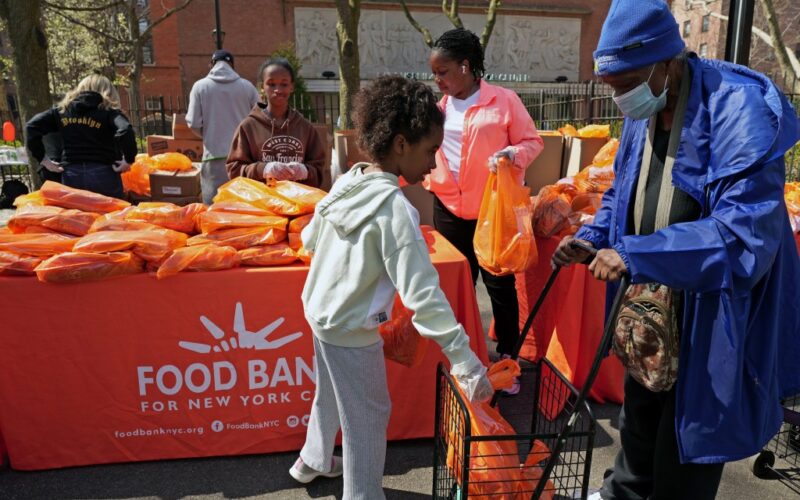Nonprofit providers are the backbone of New York City’s human services infrastructure. From securing shelter for the homeless and meals for families, to supporting older adults and providing care to our youngest New Yorkers, these organizations perform essential work. Yet nonprofit providers have long faced a fundamental challenge: getting paid in a timely manner for the services they deliver.
Since the pandemic, city contracting spend with nonprofits has increased by 147%. Earlier this year, more than 30,000 contract budgets were migrated from a legacy contract financial system into PASSPort, the city’s procurement portal. Though this shift was a necessary one, the lack of standardization across contracting agencies and nonprofits has caused belated payments. Add to this the enduring effects of staff burnout from responding to humanitarian crises and the result has been delays and frustration for all involved.
As leaders of the Mayor’s Office of Contract Services (MOCS) and Mayor’s Office of Nonprofit Services (MONS), we’re acutely aware of these issues. The government has frameworks of policies, programs, and procedures. When those frameworks become misaligned or overly complicated, it’s the human service workers we depend on who pay the literal price when they simply cannot afford to.
These are the people who never hesitate to answer the call for help, and now we must answer theirs. That’s why our focus is on better aligning, organizing, and empowering both city staff and nonprofit providers, ensuring resources flow precisely where they are most needed.
The good news is that change is already underway. Mayor Adams recently announced reforms aimed at streamlining processes and increasing support for the nonprofit sector. First, MOCS launched a payment backlog initiative that released more than $1 billion in invoices to the sector. The city’s discretionary contracting reforms proved to be a success, allowing providers to access payments nearly a year earlier than before.
We’ve also made significant progress on delivering recommendations from the Joint Task Force to Get Nonprofits Paid on Time, including expanding access to interest-free loans through the Returnable Grant Fund, adding an allowance clause to decrease the number of amendments for routine changes, and streamlining document management.
On the legislative front, the city successfully advocated for changes to public hearings, reducing approximately 20 days from the current procurement process for most city contracts. With these reforms, we’re enabling nonprofits to worry less about the funds to keep their lights on and focus more on providing essential services to vulnerable New Yorkers.
We’re also focused on enhancing collaboration and accountability across agencies and City Hall leadership. In December, we launched the Nonprofit FOCUS (Facilitating On-Time Contracting and Urgent Solutions) working group. Chaired by Deputy Mayor Ana Almanzar, this working group brings the most senior City Hall officials together on a weekly basis to discuss strategies, review data, and allocate resources effectively.
But we know that structural challenges require structural solutions. That’s why the mayor has finalized an executive order directing all contracting and oversight agencies to establish a chief nonprofit officer. These officers will act as the “front door” for nonprofits navigating city contracting and payment processes, creating a direct line to agency leadership and City Hall for our nonprofit partners.
This executive order represents a crucial step in addressing the misalignment and disorganization that have historically hindered the city’s relationship with its nonprofit partners. By implementing these new policies, we’re not only empowering nonprofits to advocate for their needs, we’re also fostering greater accountability within city government.
The alignment between MOCS and MONS is central to this effort. By working in lockstep, our offices are bringing a unified approach to tackling the challenges facing the sector. Our immediate mission is clear: hack bureaucracy to get providers paid. This work is not just about improving systems; it’s a pledge to uphold the dignity of the nonprofit sector, recognize the indispensable work they do, and guarantee that they have the resources they need to continue serving New Yorkers.
To the providers who deliver critical services every day: we see you, we value you, and we are committed to making your work easier. The reforms we’ve outlined are just the beginning, and we are eager to build on this momentum together. With a smarter system of alignment, collaboration, and innovation, we can ensure that New York City is the greatest place to work, particularly for those who sacrifice so much to serve others.
Flores is the director of MOCS. Sedillo is executive director of MONS.








